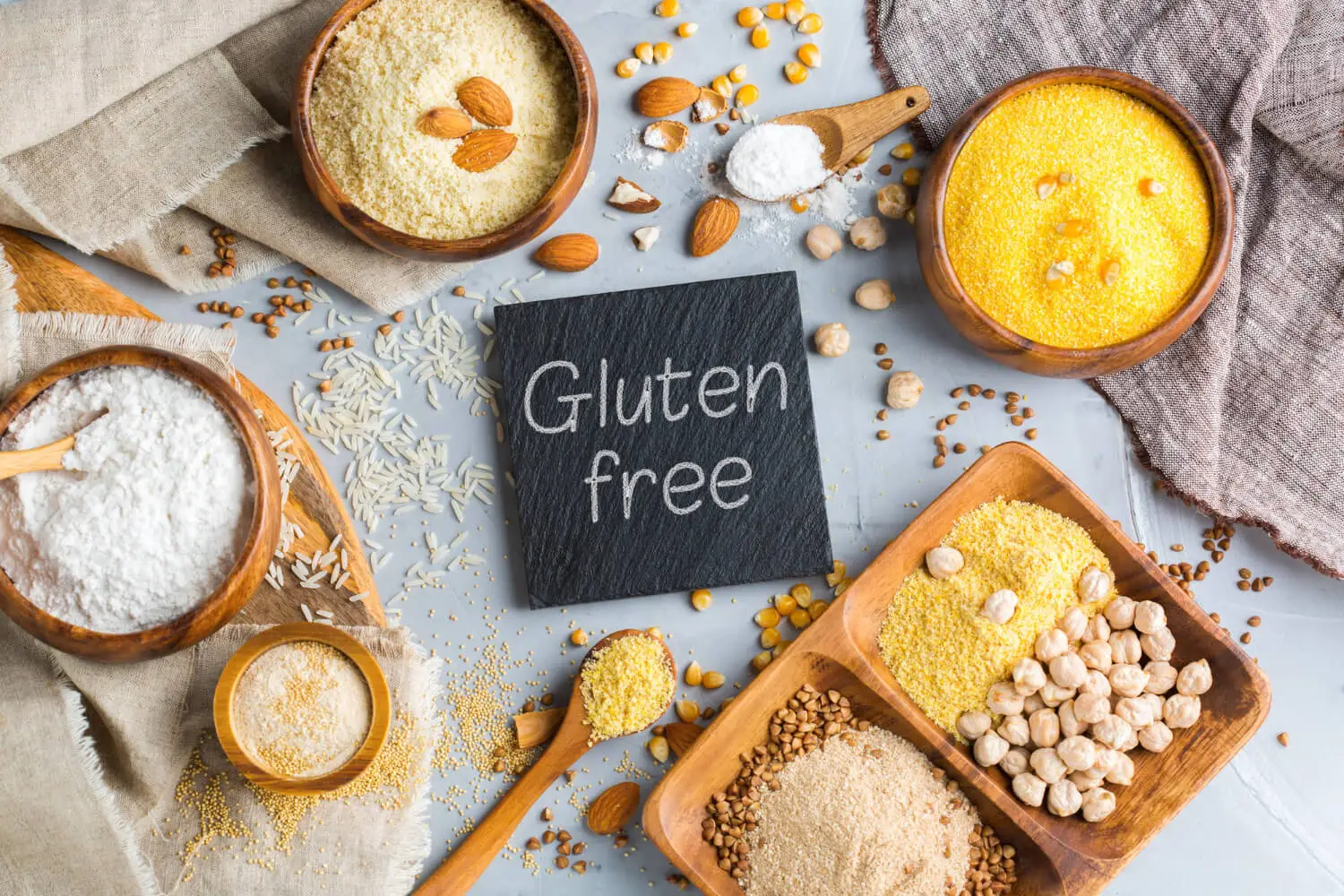The Fascinating World of Gluten-Free and Lactose-Free Diets: Unraveling the Pros and Cons
Introduction
In today’s world of gluten free diet, an endless array of dairy products made from soy, oat, rice, or other plant-based milks surrounds us. Moreover, a significant number of people exclude white bread from their diet, not only because of its quick carbohydrates but also due to the presence of the gluten protein. However, in any healthy diet, you should well-justify and balance the choice to include or exclude certain foods to avoid deficiencies or excesses of essential nutrients.
So, who should follow gluten-free and lactose-free diets? What are their advantages and disadvantages, and how can you create a balanced, healthy eating plan? Let’s dive in and unravel the mysteries.
Lactose-Free Diet
The discussion surrounding lactose intolerance has only recently gained traction, although its roots are embedded in our genes, making it a problem that has accompanied humanity throughout its history. In fact, scientists believe that nature initially intended for humans to stop consuming milk in adulthood. Consequently, the ability to drink milk throughout life is a more recent mutation.
Lactose, also known as milk sugar, is a carbohydrate found in all animal-derived milk. The enzyme lactase breaks it down in our bodies. However, as we age, the production of these enzymes may decrease or even stop altogether. As a result, undigested lactose, when it reaches the intestines, can disrupt their function, leading to symptoms such as bloating, diarrhea, vomiting, or cramps. Additionally, the production of enzymes that break down the protein casein also decreases with age. Consequently, milk may not only fail to be a source of calcium but can also cause harm.
Since genetics play a significant role, statistics on problems with digesting dairy products vary greatly by age and country. For instance, experts estimate that nearly 90% of people in China suffer from lactose intolerance, while in Russia, it affects approximately one in five individuals.
Benefits of Lactose
For those who easily digest lactose-containing products, they can be beneficial for:
- Strengthening the immune system
- Regulating bowel function
- Accelerating metabolism
- Normalizing calcium metabolism
- Enhancing vitamin C absorption
- Supporting the healthy functioning of the cardiovascular and nervous systems
Risks of Lactose
On the other hand, if you suffer from lactose intolerance, diabetes, or intestinal issues, you should be cautious. Some negative effects may include:
- Fluid retention in the body
- Stimulation of sebaceous gland activity and the appearance of acne
- Weight gain
- Undigested milk sugar can become a breeding ground for pathogenic microorganisms in the intestines
- Excessive milk consumption triggers insulin release
Diagnosing lactose intolerance can be a complex process. However, you can now find plant-based milk alternatives readily available in nearly every store.
Gluten-Free Diet
In the mid-20th century, American researchers noticed that diet could cause unusual allergic reactions and autoimmune diseases. They linked the increase in such cases to the gluten protein found in the outer layer of grains. In culinary applications, gluten is responsible for the fluffiness of baked goods, but it can behave quite aggressively in the human body. The challenge lies in the fact that gluten is often present in sausages, sauces, yogurts, sweets, and many other dishes, resulting in an extensive list of prohibited foods for people with gluten intolerance.
The aggressive behavior of the protein in our bodies causes negative reactions. In response to this intrusion, the immune system produces antibodies that can lead to allergic reactions, rashes, periodontitis, or even hidden inflammations. Furthermore, there is a rare genetic disorder called celiac disease, in which gluten fibers damage the villi of the small intestine. This extremely rare but serious condition is characterized by bloating, weight loss, diarrhea, and abdominal pain. In extreme cases, it can lead to malnutrition, anemia, diabetes, osteoporosis, and atrophy of the intestinal walls. Upon diagnosis, you must permanently remove all gluten-containing products from the diet.
Advantages of a Gluten-Free Diet
Even healthy individuals can benefit from eliminating gluten from the diet if they wish to:
- Lose weight
- Detoxify the body
- Improve skin health
- Stimulate digestion
Disadvantages of a Gluten-Free Diet
On the flip side, excluding grain products can result in a lack of essential nutrients. You must maintain balance to avoid deficiencies in:
- Iron
- Calcium
- Vitamin D
- B vitamins
- Fiber
To follow a gluten-free diet, you must eliminate all wheat flour products, including bread, pastries, pasta, semolina, bulgur, and couscous. Alternatives include noodles made from rice flour or bean starch, corn, potato starch, and ready-made gluten-free mixtures.
Conclusion
In summary, gluten-free and lactose-free diets have both advantages and disadvantages. While they can be beneficial for those with specific intolerances or health goals, you should approach these diets with caution and ensure a balanced intake of nutrients. Therefore, consulting with a healthcare professional or a registered dietitian can help you make informed decisions about your dietary choices and maintain optimal health.











